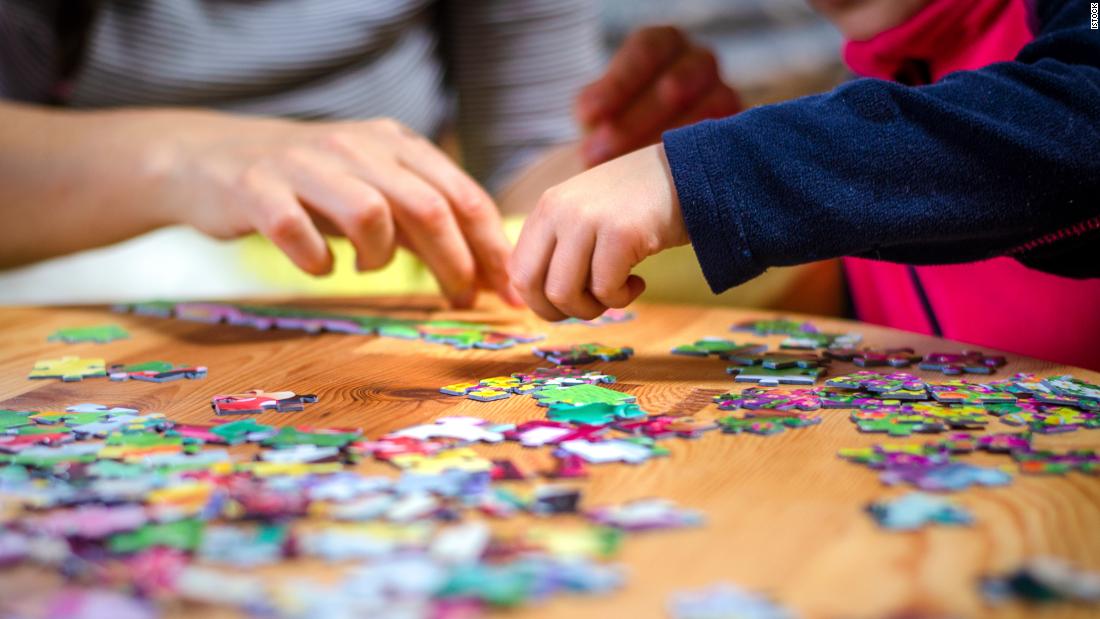Puzzle games, whether physical or digital, have captured the attention of players for centuries. From the Rubik’s Cube to complex computer puzzles, solving these enigmas offers a stimulating intellectual challenge. Learning to master puzzle games is not just about quick resolution but also involves developing cognitive skills such as creativity, logical thinking, and perseverance. In this article, we will explore tips and strategies to help you delve into the fascinating world of puzzle games and become a true expert.
1. Understanding the Puzzle Structure:
Before diving headfirst into solving, take the time to understand the puzzle’s structure. Analyze its components, observe recurring patterns, and identify key elements that may influence your approach. Familiarity with the underlying structure of the puzzle will give you a strategic advantage.
2. Developing a Systematic Approach:
Puzzle games often require a systematic approach. Develop a logical method for solving each part of the puzzle by breaking down the problem into more manageable sub-problems. This systematic approach can help prevent confusion and make the resolution process more efficient.
3. Practicing Patience and Perseverance:
Patience is a crucial virtue in the world of puzzle games. Don’t be discouraged by seemingly insurmountable challenges. Perseverance is the key to overcoming obstacles and discovering hidden solutions. Learning to manage frustration is as important as the resolution itself.
4. Exploring Various Types of Puzzles:
Puzzle games are not limited to a single format. Explore a variety of puzzles to stimulate different areas of your brain. From mathematical puzzles to visual riddles, the diversity of puzzles contributes to refining various cognitive skills.
5. Using Online Resources:
The internet is full of resources for puzzle game enthusiasts. From discussion forums to video tutorials, take advantage of the knowledge shared by the community. Some platforms even offer online puzzle simulators, providing an excellent opportunity to practice and enhance your skills.
6. Seeking Specific Tips and Tricks:
For specific puzzles, seek dedicated tips and tricks. Experts often share advanced techniques for solving specific puzzles. These tips can provide new perspectives and innovative approaches.
Conclusion:
Learning to solve puzzle games goes beyond mechanical resolution. It’s an intellectual journey that develops transferable skills in everyday life. By understanding the puzzle’s structure, adopting a systematic approach, cultivating patience, and exploring various types of puzzles, you can rise above challenges and become a master of the art of solving. Whether you’re a beginner or an experienced enthusiast, the world of puzzle games offers a stimulating adventure that never ceases to surprise and inspire.
